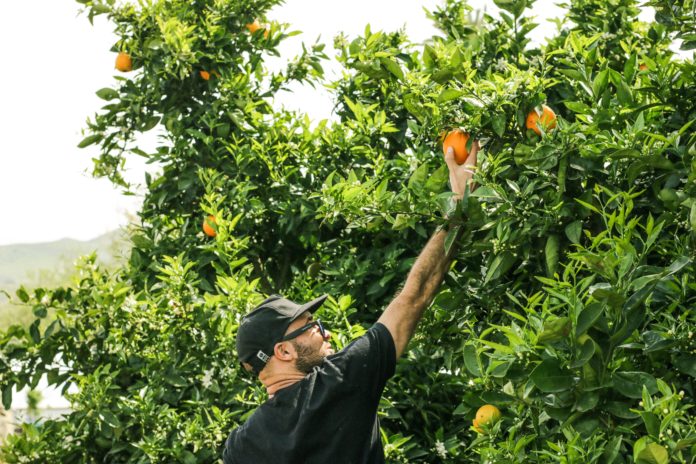
Chicago, September 12, 2019 — Sustainability, which by definition is the avoidance of the depletion of natural resources in order to maintain an ecological balance, is a much talked about topic today and is used in a broader sense to mean environmental consciousness or earth-friendly. In the food and beverage and foodservice sectors, many grocers, food manufacturers, and restaurant operators are initiating sustainability efforts as socially responsible corporate citizens and to support consumer interests. Nine percent of adults consider the environment as a top factor when making food and beverage purchase decisions, and it’s young adults, ages 18-44 years old, who are most likely to feel this way, finds The NPD Group.
When making food and beverage purchase decisions based on the environment, packaging is most visible to consumers. One in ten U.S. adults, or roughly 20 million consumers, said that they have switched to a different food or beverage brand because it had earth-friendly packaging.
Over half of adults who ordered restaurant take-out or delivery in the past 30 days report that the restaurant they ordered from had earth-friendly practices, like using food containers made from recycled materials, according to NPD’s Health Aspirations & Behavioral Tracking Service. In addition, NPD’s SupplyTrack® service, which tracks shipments from broadline foodservice distributors to commercial and non-commercial foodservice operators, finds that, although plastic straws still make up the bulk of straw shipments, plastic straw shipments are down 4 percent and paper straw shipments are up 4 percent.
“Marketers need to understand that sustainability can be a deciding factor for consumers,” says Darren Seifer, NPD food and beverage industry analyst. “While concerns like taste, convenience, health, and affordability are still primary factors for choosing foods and beverages, a company’s sustainability efforts can be the tie breaker if all other factors are equal.”








